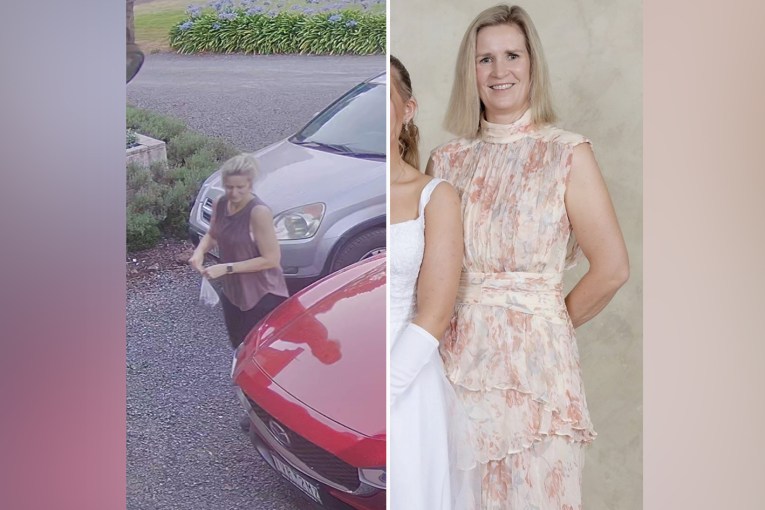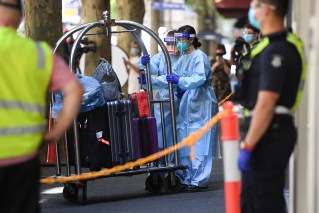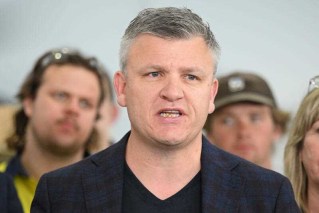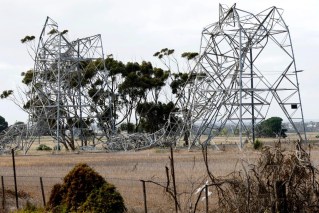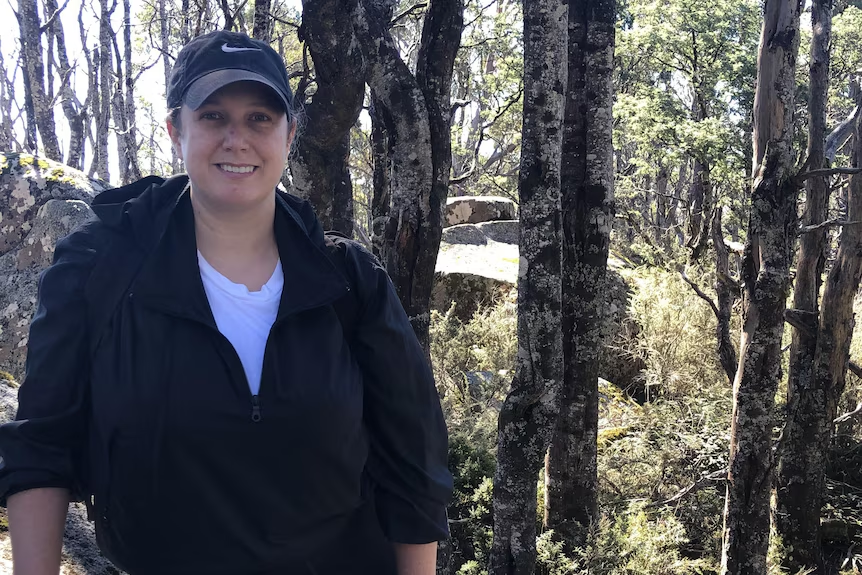Codey Herrmann jailed for 36 years for rape and murder of Aiia Maasarwe
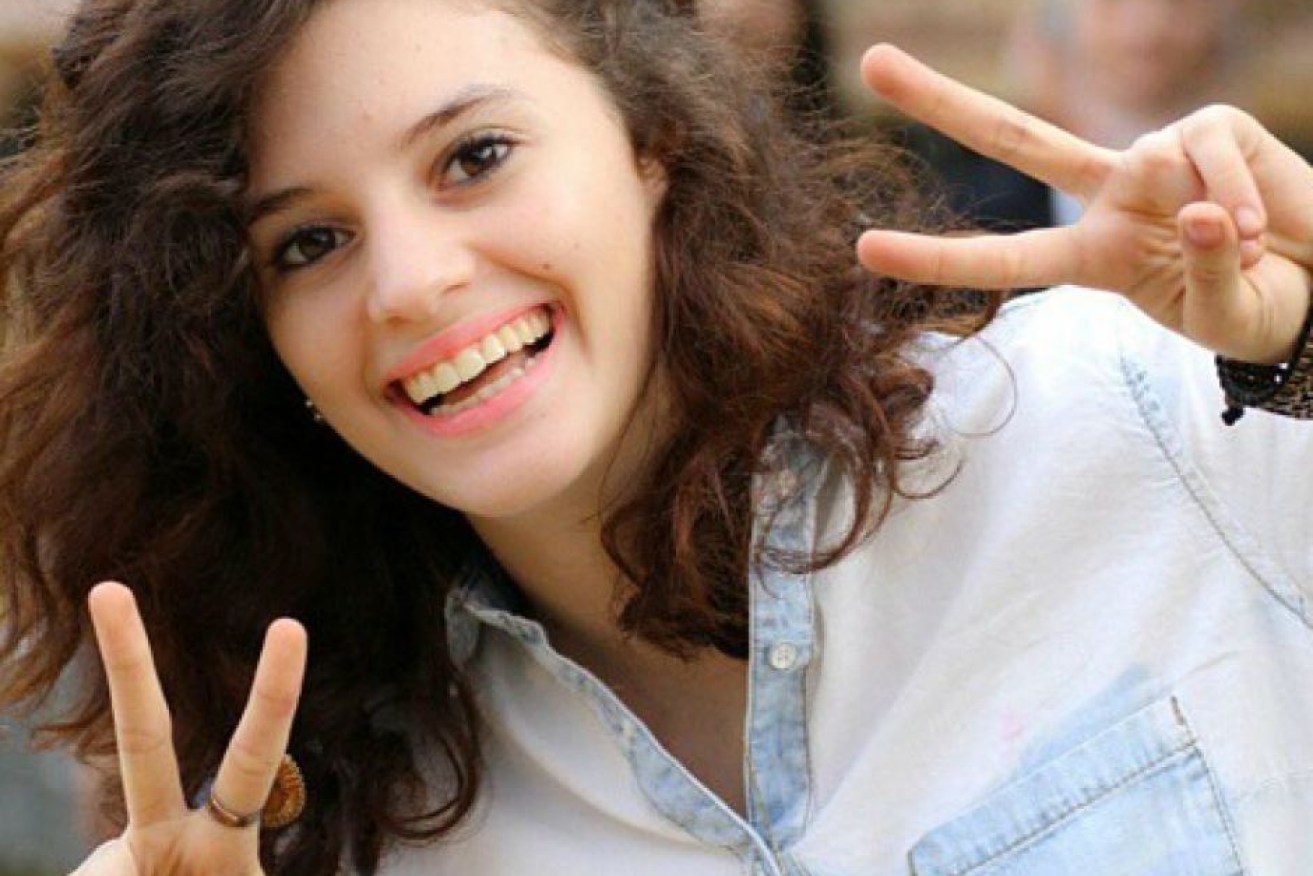
Aiia Maasarwe was on a year-long exchange program in Melbourne when she was killed. Photo: Instagram/Ruba Photography
Codey Herrmann has been sentenced to 36 years in jail for the rape and murder of international student Aiia Maasarwe in Melbourne’s north earlier this year.
Victorian Supreme Court Justice Elizabeth Hollingworth set a non-parole period of 30 years for what she described as an “unsophisticated and opportunistic attack”.
Herrmann, now 21, attacked Ms Maasarwe as she was walking home from a tram in Bundoora just after midnight on January 16.
The 21-year-old Arab-Israeli student, who was on a year-long exchange from her university in Shanghai, was on her way back from a social night out with friends in the CBD.

Saeed Maasarwe, the father of murdered exchange student, Aiia Maasarwe arrives at the Supreme Court of Victoria on Tuesday. Photo: AAP
Justice Hollingworth described her as a “friendly, optimistic and kind young woman who had her whole life in front of her”.
Herrmann beat her with a pipe, dragged her behind some bushes, raped her and set fire to parts of her body.
“Treating her body this way showed utter contempt for her dignity,” Justice Hollingworth said.
“You did this to try to hide evidence.”

Codey Herrmann has been sentenced to 36 years in prison. Photo: AAP
Earlier this month, Herrmann’s lawyers told the court he had no explanation for the crime and could not remember the hours before the attack.
Ms Maasarwe’s death prompted an outpouring of grief and outrage in Melbourne, where vigils were held in her honour and flowers were laid inside a Route 86 tram as it travelled through the city.
“Women should be free to walk the streets alone without fear of being attacked by strangers,” Justice Hollingworth told the court.
She said Herrmann, who had an Aboriginal mother and German father, spent the first years of his life in an environment of “extreme physical and emotional depravation”.
Revenge ‘is not our compass’, father says
Ms Maasarwe’s father Saeed Maasarwe and sister Noor Maasarwe were in Melbourne to witness the sentencing.
Noor Maasarwe carried a bag with the words “do not objectify me” written on the side.
They were seated shortly before Herrmann was ushered into the dock, his shoulders slumped and wearing a blue t-shirt, ripped jeans and a pair of runners.
Before Justice Hollingworth took to the bench, Noor Maasarwe turned and glared at Herrmann in the dock. Her father never turned around.
As the judge described his crimes, Herrmann sat with his head lowered and hands in his lap.
Noor Maasarwe rested her head on her father’s shoulder with her arm around him as he wiped away tears from his eyes with a tissue.
Herrmann continued to stare ahead, never once raising his eyes.
Outside court, Mr Maasarwe spoke through tears as he thanked the people of Melbourne for their support and said he did not want to focus on the length of Herrmann’s sentence.
“We don’t focus about the revenge,” Mr Maasarwe said.
“This is not our compass, this is not our focus, but to care for the society, for the people, for the ladies [to be able to] go out and go back home.”
He said he remembered his daughter as someone who was happy, positive and “liked to help anyone”.
“She looked at the people – it doesn’t matter which religion, which nation, which colour – she looked at the people on the same level [with] the same eyes,” he said.
“She liked all the people, all humans – it didn’t matter where and when. This is how I want to remember Aiia.”
He also wanted to send a message to the Australian government: “I wish and hope that they will care more for the people.”
Justice Hollingworth told Herrmann that Ms Maasarwe’s death had “left an enormous hole” in her family’s lives.
On the final day of his plea hearing last month, Herrmann told Ms Maasarwe’s family, “I’m sorry”.
But Justice Hollingworth said Herrmann’s expressions of remorse had been “recent and limited”.
–ABC
